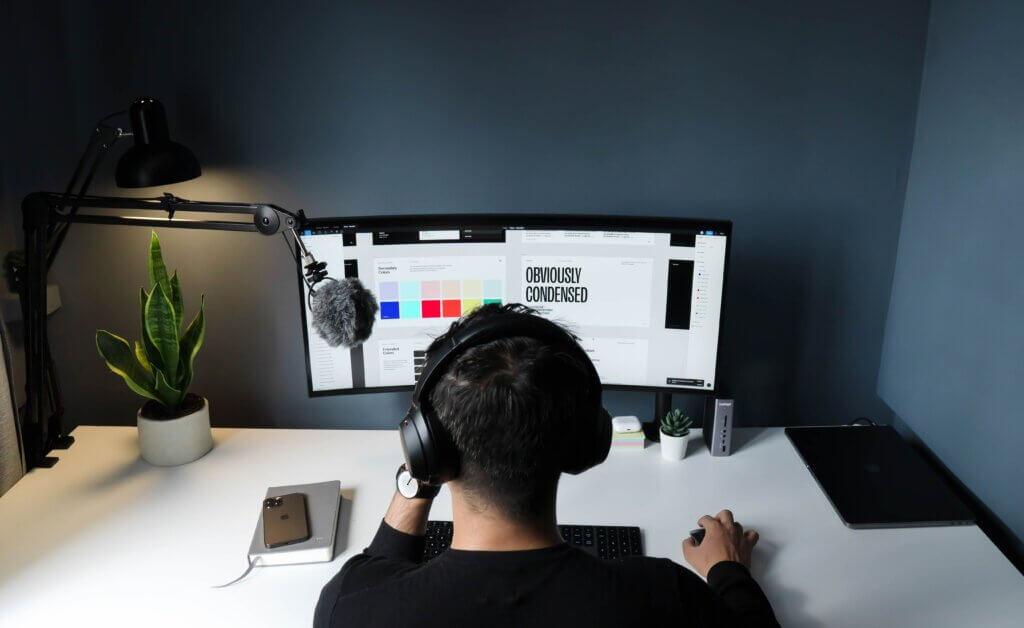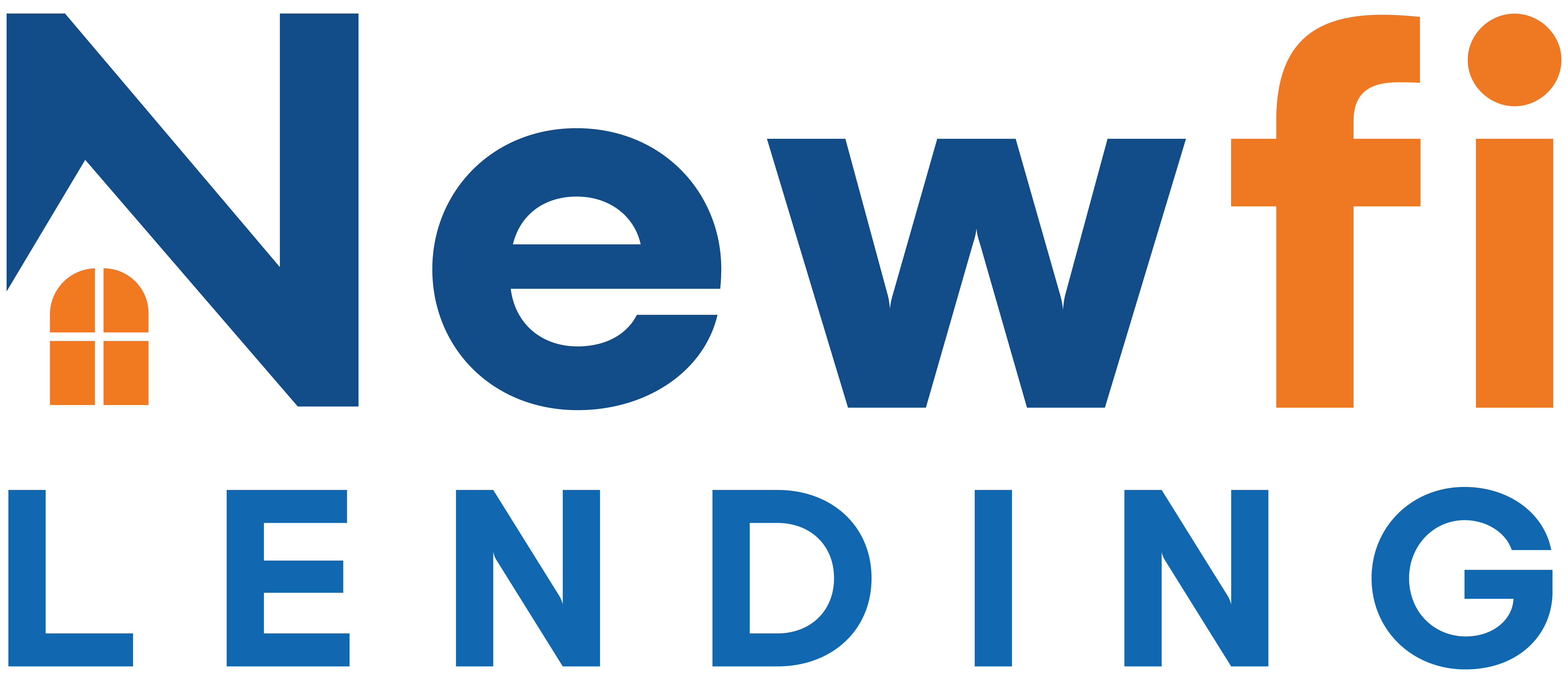If you’re looking for a self-employed mortgage lender in 2023, you have several options. With more lenders expanding their mortgage offerings to serve self-employed borrowers, 2023 is a good year to be looking for a self-employed mortgage. However, more options don’t always mean better options.
While some lenders have only recently started offering self-employed home loans, other lenders have led the way in creating and developing these mortgage solutions. Working with lenders, like Newfi, who were founded on creating alternative mortgage solutions, ensures your home loan is in the hands of a loan team who knows their mortgage offerings.
What is a Self-Employed Mortgage and Who Needs One?
Self-Employed mortgages are home loans that borrowers qualify for using alternative income documentation. Lenders traditionally require borrowers to submit W-2 income through Tax Returns to qualify for a mortgage.
However, self-employed workers do not typically document their income using W-2s and often write off expenses on their taxes so it appears they make much less than they really do on their tax documents. Because of this, mortgage lenders like Newfi have created self-employed mortgage options that help these borrowers qualify for a mortgage by submitting alternative income documentation. Self-employed mortgages help:
- Self-Employed Workers
- Contractors
- Gig Workers
- Small Business Owners
If you document your personal income without using tax returns, then you likely fall under the umbrella of self-employed.
To learn more about what a self-employed mortgage is, click here.

What Documentation Can I Submit to Qualify for a Self-Employed Mortgage?
Self-employed borrowers can qualify for a mortgage loan using several different forms of income documentation. Newfi accepts:
- 12- to 24- Months of Personal or Business Bank Statements
Self-employed borrowers can use 1 or 2 years of their bank statements to qualify for a mortgage loan. These can be your business or personal bank statements. To calculate your income, we review your bank statements and analyze each of your qualified deposits. Our bank statement calculations are quick and may be able to qualify you more a larger loan amount than using traditional documentation.
- 1099 Documentation
If you do gig or contract work (like Uber, Fiverr, Upwork or DoorDash), you may receive a 1099 to document your income. You can use your 1099 documentation to prove your income. To qualify you, we look at your 1099 income over the last 1 to 2 years and apply a 10% reduction for business expenses, unless otherwise stated. This allows us to qualify you on the other 90% of your income. Other lenders won’t accept 1099 documentation because contract work can be seasonal, but we understand that contracted work is an important way many people make their living and allow borrowers to use it to qualify for a self-employed mortgage loan.
- CPA Letter
Small business owners who own 100% of their small business and have filed their tax return with a licensed CPA can qualifying using their gross receipts (also known as, the total gross revenue of your business) on their tax form. To learn more, click here to get in touch with a Newfi loan advisor today.
- Use Multiple Sources of Income to Qualify
If you document your income in multiple ways—like working a job with W2 income while also freelancing on the side—or have multiple sources of income in your home, you can combine these sources to qualify for a self-employed mortgage. This allows you to qualify using as much of your total income as possible!
You can read more about our self-employed mortgages here.
How to Get a Self-Employed Mortgage?
Before starting your mortgage journey, it’s important to make sure that you are set-up for success. Everyone is different, but these are the baseline items that we recommend you have prepared before starting the homebuying process.
- Create Your Realistic Purchase Budget
The first step in any large purchase is creating a budget that fits your personal income. You’ll need to ensure you have a realistic idea of how much home you can afford. One of the best ways to know how much of your income will help you qualify is to talk to a loan advisor early in the process.
- Save a Down Payment of at least 10% for a Self-Employed Mortgage
Down payment requirements will vary between lenders. Newfi requires a down payment of at least 10% on Self-Employed mortgages. To qualify, you’ll need to be able to put down 10% of the overall purchase price of your home.
- Know Your Credit Score
To qualify for a mortgage loan, you’ll need to ensure that your credit is in a good place. If your current credit score isn’t in the best shape, that’s okay. Continual on-time payments and paying down high-interest balances can help repair your credit score. Self-employed mortgages with Newfi require a credit score of at least 640 to qualify.
If you’re ready to get started on your mortgage journey, click here to get in touch with a Newfi Senior Loan Advisor today. Or, to talk to someone on the phone, call us at (888)316-3934

Why Choose Newfi for Your Self-Employed Mortgage?
Newfi was founded in 2014 by industry leaders in the Non-QM space. Non-Qualified Mortgages (non-QM) are mortgage options that offer borrowers alternative qualifying requirements for home loans. Unlike Qualified Mortgages (QM), mortgages backed by Fannie Mae and Freddie Mac, Non-QM mortgage lenders set their own mortgage lending requirements.
Newfi has been creating Non-QM solutions for borrowers across the country for almost a decade. In that time, we’ve been able to help more people access homeownership with a variety of QM and Non-QM options.
To learn more about Newfi’s other Non-QM mortgage options, click here.
If you’d like to read what our customers think about Newfi, you can read any of our 4,000+ reviews here.

